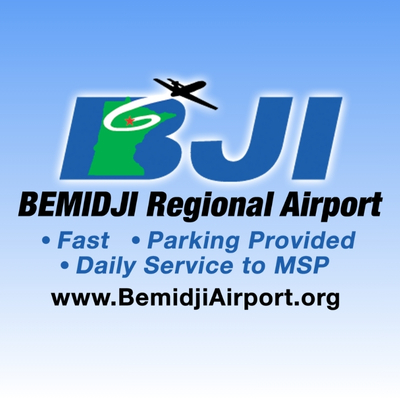Apr 1, 2024 | By: Matthew Freeman
Author of Red Lake Land Transfer Bill Discusses Why Legislation Was Introduced
On March 11, a bill was introduced in the Minnesota House (HF 4780) that would transfer state-owned land and real property around Upper Red Lake and within Red Lake State Forest back to Red Lake Nation. A companion bill in the Senate (SF 5080) was introduced on March 20.
Last week, Lakeland News spoke with Upper Red Lake Area Association president Robyn Dwight, who expressed her opposition to the land transfer bill. Now, we had a chance to speak with District 60A DFL Rep. Sydney Jordan, one of the bill’s main authors, to discuss why it was introduced in the state legislature earlier this month.
Last year, Red Lake Nation leaders announced plans to restore tribal boundaries in accordance with treaty negotiations in 1889. Currently, about 30% of Upper Red Lake is excluded from the boundaries of the reservation. The legislation introduced into the House and Senate would help with the nation’s goal.
“This bill is a bill that was written with the Red Lake Nation, and it is to start the process of returning lands that the Red Lake leaders negotiated for and did not agree to cede in 1889. So it is an attempt to return the state-owned lands around Red Lake,” explained Rep. Jordan. “But it’s been proposed now because the Red Lake Nation asked me to draft and carry this bill. This came about after conversations that I had while at Red Lake working with those tribal leaders. And, you know, we’re in session now. And so now, now was the time.”
Rep. Jordan believes something like this should have been done a long time ago.
“I would actually argue that this bill was overdue and this is what it was negotiated for by the Red Lake Nation over 100 years ago,” she stated. “And so this bill never really should have been necessary because it never should – this land never should have been taken in the first place.”
There are a few concerns from residents in the area, like potential funding impacts to the schools that are within that state-owned property that is being given back.
“We’re looking at the land parcels in the area of the state lands and making sure that there will not be negative interactions with school trust lands, which are not just used to fund schools in the area but actually used to find all schools across the state,” explained Rep. Jordan. “And so we’re looking at those parcels that are part of this, what is state-owned, what is private property, and then looking at any school trust lands in the area to make sure that we’re accounting for any revenue generated for schools.”
There are also worries about fishing in lake access to non-tribal members as well as privately owned property that falls into the state-owned land that is being returned.
“The Red Lake Nation does not anticipate any changes to fishing or lake access, so non-tribal members would still have access to the areas of Upper Red Lake that they currently have access to and then would still be subject to Minnesota fishing regulations,” said Rep. Jordan. “The bill only pertains to state-owned land. It doesn’t affect private property. Anyone who has private property should not be affected by this bill.”
Rep. Jordan says more needs to be done for this bill to pass. “So we still have to have hearings in the House and Senate. They have to pass both chambers and be signed into law by the governor.”
Red Lake Nation has held multiple community meetings regarding the land transfer bill, discussing the 1889 Treaty, and the return of Upper Red Lake land and its impacts to the community. Red Lake did not permit any media at those meetings. We reached out for comment from tribal leaders but have not heard back from them.








